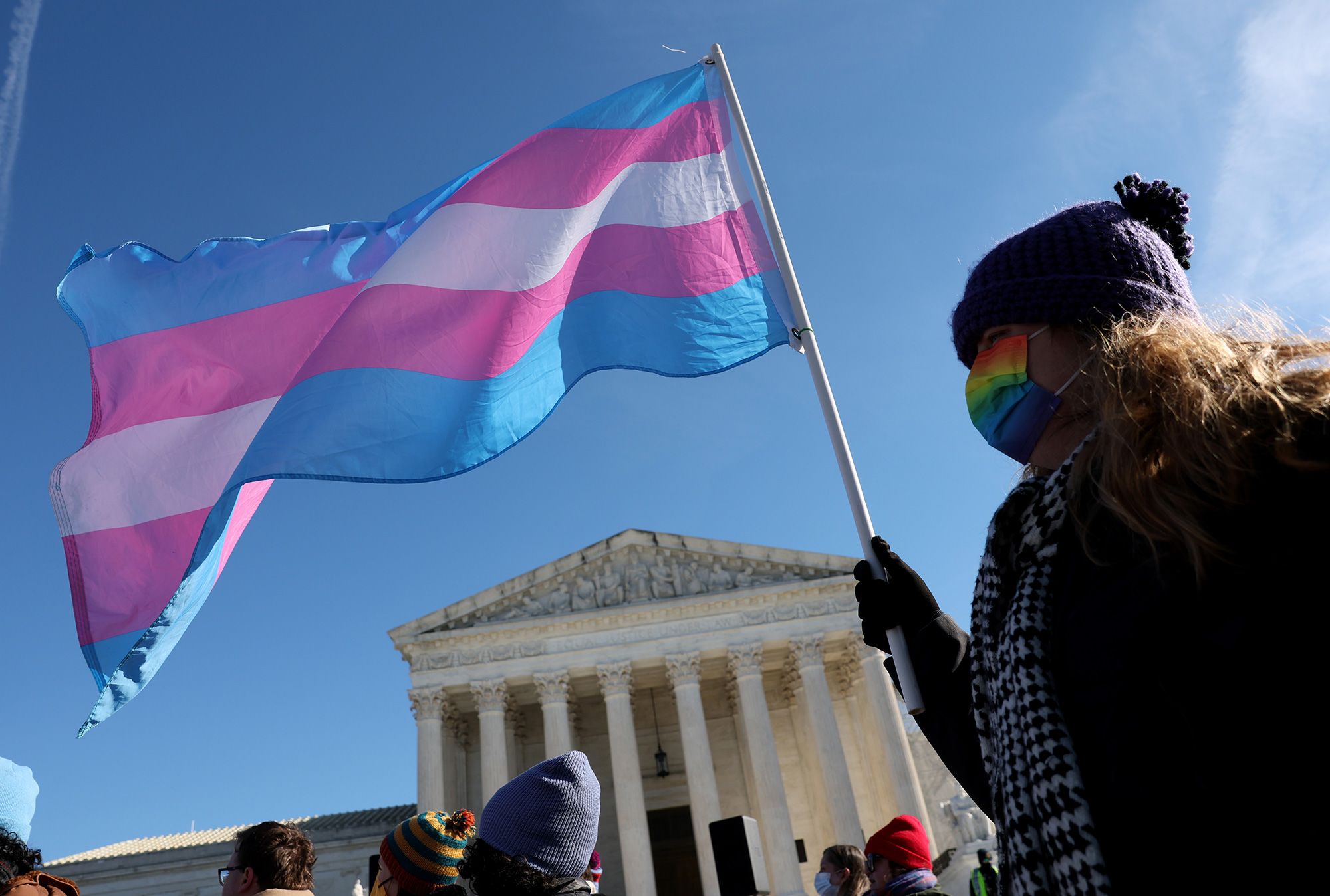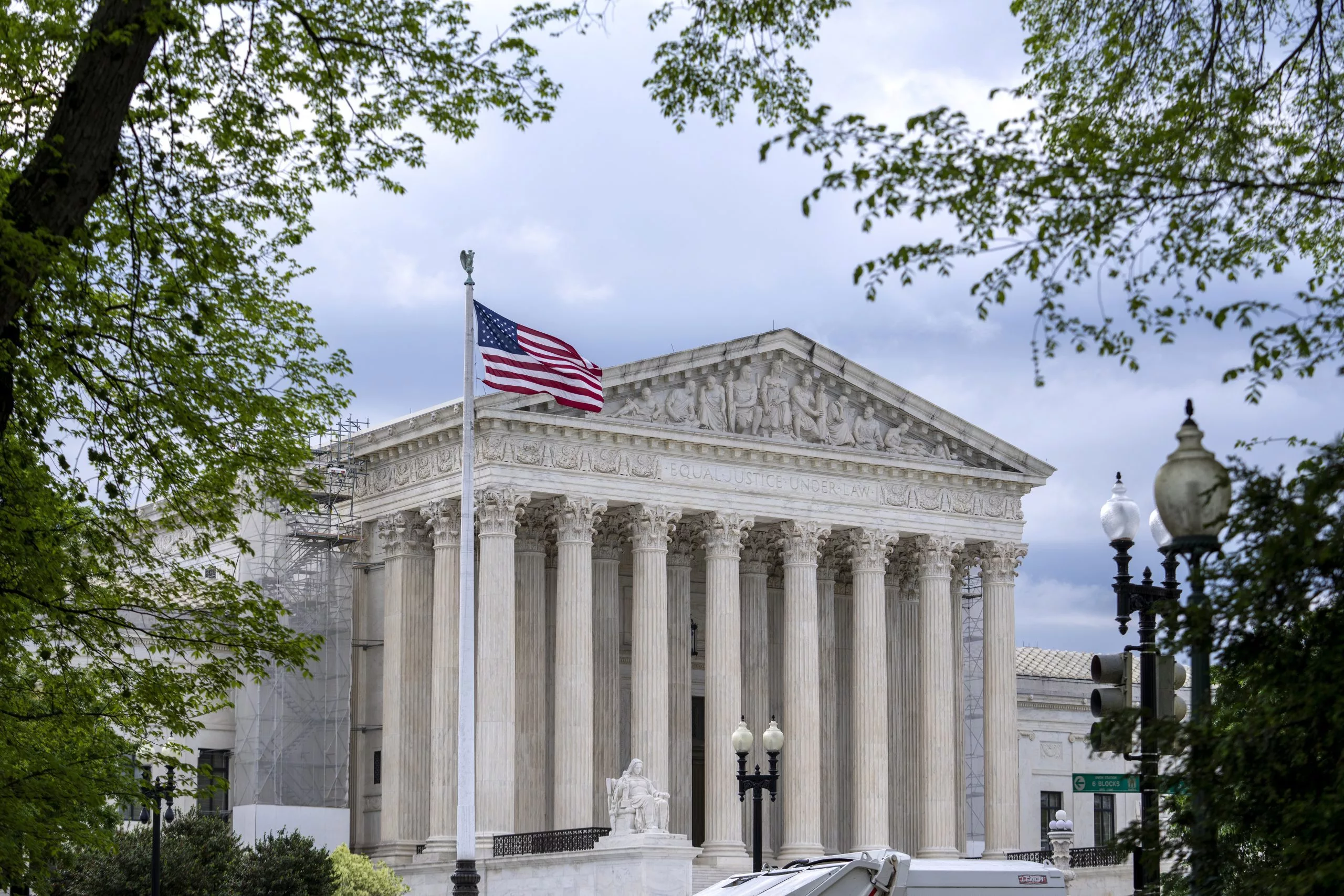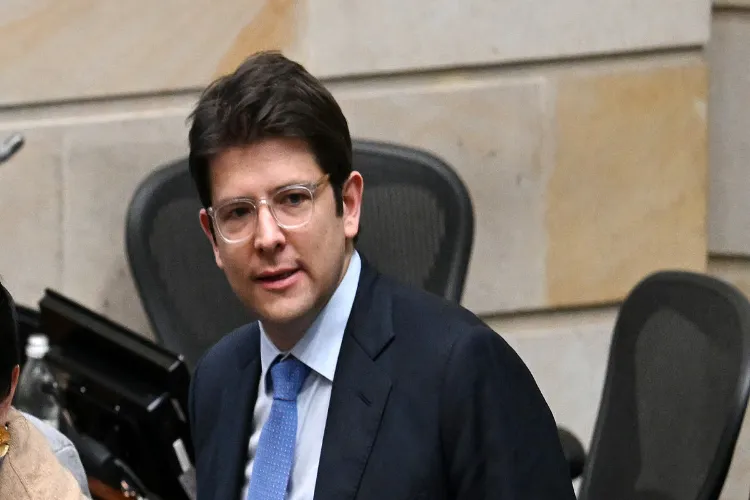The Fight for Transgender Equality Continues
#transgender #equality #supreme court #tennessee #discrimination #violence #activism

About the People Mentioned
Andrew Chung
There are multiple individuals named Andrew Chung, each with distinct careers and achievements. Here is a summary of the most prominent ones: ### Andrew Chung - Tech Investor Andrew Chung is a prominent tech investor and entrepreneur with over 20 years of experience in sustainability and health technology. He co-founded 1955 Capital, which focuses on investing in revolutionary technologies to address global challenges. Prior to this, he was a general partner at Khosla Ventures, where he was involved with numerous successful ventures, including eight unicorns that created over $30 billion in market value. Chung has also been a key figure in U.S.-China collaboration and has advised on energy policy, serving on a White House roundtable during the Obama administration. He holds degrees from Harvard University and the Wharton School of Business[1][2][6]. ### Andrew Chung - Film Professional Another notable Andrew Chung is a writer and director based in Toronto, Canada. He has produced films like "Ma," "Lovebites," and "White Elephant," which have received several awards. Chung co-founded the Asian Canadian Film Alliance and serves on the board of the Racial Equity Screen Office[3]. ### Other Notable Figures - **Andrew L. Chung**: A partner in a law firm's Seoul office, focusing on cross-border transactions and private equity investments. He has been practicing since 2008 and has received recognition for his work in South Korea[5]. - **Andrew Chung (Journalist)**: A correspondent at Reuters covering the Supreme Court[8]. These individuals demonstrate diverse professional achievements and contributions across different fields.
About the Organizations Mentioned
U.S. Supreme Court
The **U.S. Supreme Court** is the highest judicial authority in the United States, established by Article III of the U.S. Constitution and formally created under the Judiciary Act of 1789. It serves as the ultimate arbiter of constitutional and federal law, with the power to interpret the Constitution, review laws, and overturn those deemed unconstitutional, thus checking the legislative and executive branches of government[1][4][6]. The Court first convened in 1790 with six justices, including its first Chief Justice, John Jay. Over time, Congress adjusted the number of justices, settling at nine in 1869, comprising one Chief Justice and eight Associate Justices, all appointed by the President and confirmed by the Senate[1][3][6]. Justices hold lifetime appointments, ensuring judicial independence. The Court initially lacked prestige but gained significant authority under Chief Justice John Marshall (1801–1835), who established judicial review in *Marbury v. Madison* and solidified the Court as the definitive interpreter of the Constitution[10]. Key achievements of the Supreme Court include landmark rulings that shaped American federalism and civil rights, such as *McCulloch v. Maryland* (affirming federal power), *Gibbons v. Ogden* (regulating interstate commerce), and the establishment of judicial independence during the impeachment proceedings of Justice Samuel Chase. The Court also modernized its procedures by issuing unified majority opinions instead of individual ones[10]. Today, the Supreme Court sits in its dedicated building in Washington, D.C., completed in 1935, holding annual terms from October to late June or July. It exercises original jurisdiction in limited cases (e.g., disputes between states) and primarily appellate jurisdiction over federal and constitutional issues[4][6]. For readers interested in business and technology, the Court’s decisions profoundly impact regulatory frameworks, intellectual property law, and digital privacy rights, influencing the legal landscape in which modern enterprises operate. Its role in balancing governmental















